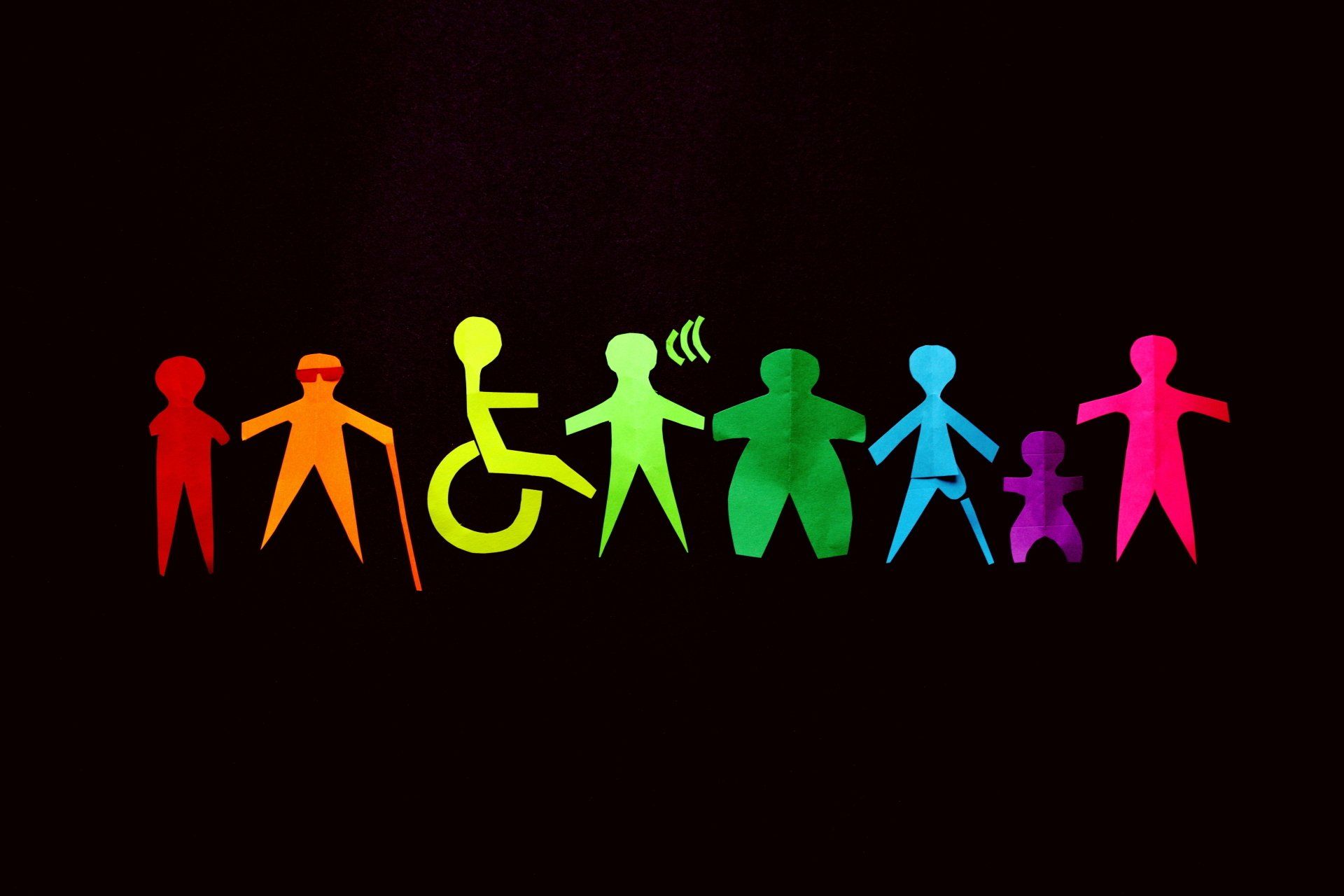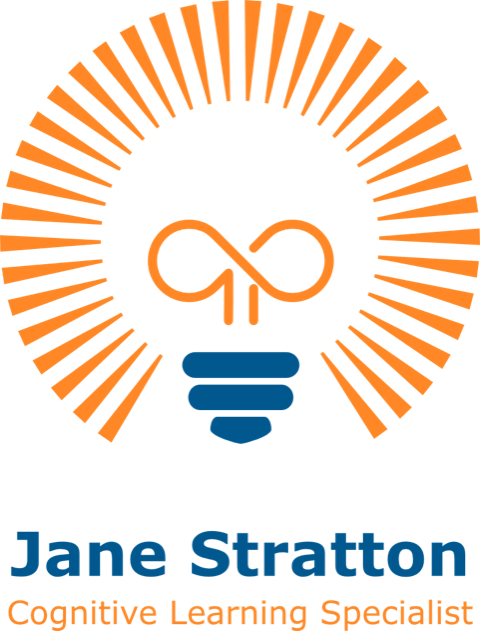Blog Layout
The Forgotten Perspective
Jane Stratton • Aug 10, 2020
an asn perspective on returning to school
In recent weeks, there has been much media attention surrounding parents’ and teachers’ views regarding schools reopening; very mixed and often, conflicting thoughts have been expressed. Unfortunately, however, I am yet to see much coverage of pupils’ feelings about returning to school and I have seen even less focus on those with additional support needs (ASN).
With this in mind, I have spent the last few days speaking to young learners with ASN, and their parents, in order to offer some honest representation. They have been eager to pass on their feelings about Scottish schools starting back full-time. There is a considerable amount of concern amongst parents and the feelings of young people can be summarised as anxiety and fear (or even terror) for the majority.
One young man (16) described the excruciating reality of attending a mainstream school. His daily life prior to lockdown consisted of extreme masking, spending years covering up his challenges in order to be accepted by peers and teachers. He has endured regular punishment, bullying and humiliation since starting school at 4 years old; similar to many of the youngsters with whom I have spoken. I simply cannot begin to imagine the anxiety felt throughout their school years. In short, this young man has put himself under intolerable pressure conforming to ‘neurotypical’ school life, resulting in school being likened to a “prison sentence”. He told me that for the last four months he has been able to be his true self and now doesn’t feel able wear the mask again. “If I went back to school as the real me, I’d get into trouble, be bullied and would be made to feel like a freak. I can’t go back to hiding it anymore though.”
For this reason, he will not be returning to school, choosing instead to continue his education at home, with online tutors. I can’t help but be sad for the school; this is an exceptional youngster who has so much to offer a school community if he could just be accepted as he is.
For another family, lockdown has been tough and the son (12), who has autism, has struggled to engage with schoolwork despite his anxiety levels thankfully being vastly reduced. The start of term was always going to be tough but part-time attendance with blended learning sounded manageable. Now however, with plans changed to full-time education, things have escalated at home. He has refused to try on new school shoes, school uniform and states that he will not be returning. When asked why, he is unable to put his feelings into words, but his mum was able to tell me that his anger and anxiety have “ramped up”
resulting in aggressive behaviour which is impacting the whole family. This is likely to be a very tough time for him and the probability is that he will be unable to attend school on a full-time basis, if at all.
A young girl (9), relieved to let me know her feelings, described enjoying home-learning. She has dyslexia and ADHD along with sensory differences. She expressed how difficult school is for her and that she is, “really, really, really scared”
about returning. She likes her friends but seeing them, “won’t make up for how bad things will be”
for her. At home, she can wear her own clothes and take as long as she needs to finish her work. Her mum said that she has produced more work at home than she has done in her 5 years at school put together! She is now loving reading about things that interest her and because she is much more relaxed, she has been able to see that she is, “actually pretty clever!”
When talking about learning at home, she smiled and became animated, using hand gestures to add to her description. Her demeaner drastically changed as soon as she started talking about school; she sank into her chair and held her head in her hands, picking at the skin on her cheeks. As her body language changed and her voice weakened to a whisper, it made for emotional listening. How can we ensure these young learners are heard?
In total, I have spoken to a dozen children (and families) with a variety of different additional support needs. Without exception, the overriding emotion displayed when talking about returning to full-time, mainstream school, was extreme anxiety and for more than half, measurable distress. None felt understood at school and all described hiding the majority of their challenges and struggles from peers and teachers. Having discovered an ability to learn and succeed in ways they had thought impossible, they are now “scared”, “frightened”
and “panicky”
about going back into an environment that “does so much harm”.
In all honesty, as the mum of three children with significant additional support needs, much of what these fabulous young pupils described was no surprise to me. However, what was shocking was the parents’ description of a rapid onset of extreme anxiety when the Scottish Government announced their plan for full-time schooling. It is clear that this anxiety is real, severe and exhausting for children and parents alike. This is not a ‘natural nervousness’ that many may feel returning to school after summer.
Many parents are seriously contemplating not sending their ASN children back to school. One mother told me that she was being asked to send her son “back into the lion pit”. Parents are truly worried, and with just cause. They have now seen their children thrive with a different type of schooling; rather than their children being incapable of learning, they have seen that by changing the environment, these youngsters have been able to flourish, both academically and more importantly, emotionally.
I must acknowledge that there may be other children who have had different experiences during lockdown, and for them, school may be a sanctuary. I suspect however, that the stories I have heard while researching for this blog, are very common.
Please let’s give these amazing youngsters the understanding, compassion and encouragement they need and help them make the transition back to a school life that will accept them as they are.

By Jane Stratton
•
14 Mar, 2023
WOW!
JUST WOW!
Imagine me open-mouthed and lost for words! Quite difficult? That’s because it doesn’t happen often.
However, that was exactly what happened at the end of the most amazing workshop I attended yesterday at the ITAKOM conference.
Hands down, it was the most effective and informative session about neurodiversity I have ever attended (and I have attended quite a few).
The reason it was so good? It was delivered by a group of neurodiverse young adults from the Neuropoint Stakeholders Group from the Salvesen Mindroom.

By Charlotte Kirkwood, Kirkwood Tutoring
•
23 Jul, 2021
It's hard to believe that I've been doing this for a year now. Sitting down at my computer a few times a week and getting to speak to unique, intelligent and wonderful young people who all want to push themselves that little bit further. In light of this, It feels only right to reflect on what I've learned myself in this time. Spoiler alert; it's far more than I thought I would. Expect the unexpected It's safe to say I didn't think I was going to end up doing this, and I think that's a big part of what has made the experience so special. Life is so unpredictable, and for someone who loves to plan, it's huge for me to even say those words. But, more often than not, unpredictability leads to where you were meant to go. Don't fear trying something new, you might like where it gets you. Be willing to ask for help The only reason I am where I am is through the support of others. Be it Jane , for helping me get started with the business, to my family supporting me through it, and even to my friends for reassuring me when I wasn't sure if I could do it. Asking and offering help is, as we have all learned in the past year and a half, one of the most essential parts of our humanity. We undeniably need each other, and shouldn't be afraid to admit it. Never Underestimate Young People This is the second biggest lesson I learned. Every single young person I had the joy of interacting with over this first year has disproven every stereotype the world puts out there. They are all bright, brilliant communicators, funny, unique and caring. There wasn't one session where they didn't also ask me how I was before we started. Each one of them proved to me that they didn't deserve to be underestimated in the slightest. Pulling their grades up through hard work, teaching me something I didn't know, creating masterful pieces of writing, and even proving to themselves that they knew what they were doing. We need to listen more to our teenagers This, for me, is the biggest lesson for everyone who may come across this post. I have always valued the voices of our young people. I believe they're fundamental to our developing society and our future. Unfortunately, I know many who would rather believe the contrary. The individuals that I worked with over this year proved that young people deserve a say in their lives, their future, and their education. Many of them are passionate to take a stand for their peers, they just need the support. I love doing this. At the end of the day, it's simple. I always thought I'd be working with young people in some capacity, and here I am. Three weeks out from beginning my teaching journey, and from tutoring beginning again. I honestly cannot wait. Being able to make a difference, no matter how small, means a lot to me. I fell in love with this role over the last year, and I can't wait to keep going. So, to the Kirkwood Tutoring Class of 2021, I wish you all the luck in the world. You all deserve it 10 times over. And thank YOU, for teaching me and trusting me. I hope the world is kinder to you all this year.

By Jane Stratton
•
04 Apr, 2021
Currently in my forties, heading towards my fifties, I can look back and see just how perfect this career has been for me. All my children have additional support needs and have needed a hands-on mum to advocate on their behalf and negotiate what has been to them, a stressful and damaging education system. I have gained such a wealth of knowledge of child development, neurodiversity, education systems and learning styles, both in my personal life and in my career, that I am now able to offer so much to the families and youngsters with whom I work. I bring to my tutoring, not only knowledge learned from research and qualifications but more importantly from lived experience. It has given me a confidence in what I do too, and I have been able to adapt over the years from black and white books and paper posters through the introduction of coloured books and laminated adverts (!) to eBooks, social media marketing, websites, a plethora of digital resources and a physical in-house science lab for practical experiments and monthly tutorials. With the Covid-19 situation, I have seamlessly moved to online tutoring and am actually thoroughly enjoying being able to offer my services further afield, although I also look forward to the day when I am able to see some pupils again face-to-face. Education itself has seen numerous changes over the years, with the need once again for drastic change. I have learnt so much about adapting my tutoring style as curriculum changes have been introduced and assessments have been redesigned. Many have opposed these changes but as tutors, we have to constantly adapt if we are to successfully support today’s learners. Private tutoring, with its flexibility, personal approach and adaptability lends itself well to modern learning and I just love what I do! For so many people who have recently graduated, lost their job or whose family situation has changed, employment is looking bleak. All I can say is, if you are passionate about a subject, and would love to share it whilst also improve the prospects for the next generation, give tutoring a try ; it can truly change your life!


